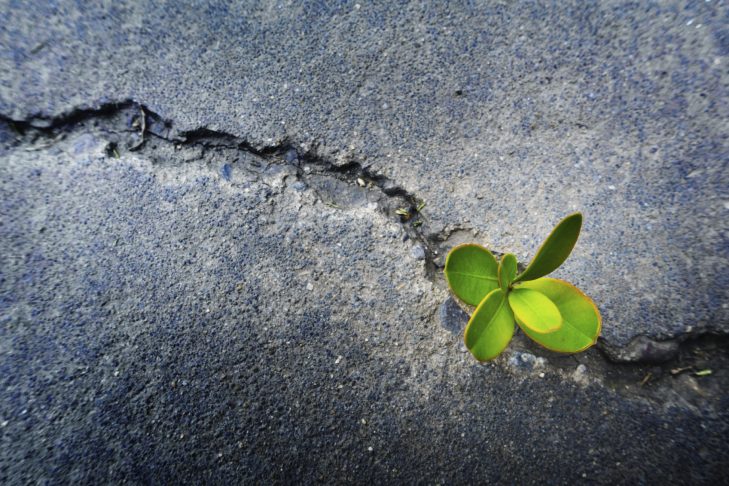I am an Israeli-American psychologist who lives in the Boston area. I came to the US to do my PhD (Clinical Psychology), and…. stayed. I am a third generation immigrant. My grandparents left Europe for South Africa in the early 1900’s. My parents left South Africa for Israel in the early 1960’s. And I came to the US in the early 1990’s.
Many immigrants know the symbolic significance of reaching the “halfway mark”: the point where you live most of your life in the country you immigrated to. I am fast approaching that mark.
A few years ago, when the halfway mark was in plain sight, I began consciously thinking of myself as an Israeli-American (even though I had become a US citizen several years previously). Being comfortable in both the Israeli community and the Jewish American community has allowed me to benefit from both and hear from both about the other.
Professionally, I am a clinical psychologist, and I help people and organizations become more resilient. I began by working in traditional clinical settings: In a psychiatric hospital in every unit (inpatient, day treatment, outpatient) and with every age group (child, adolescent, adult). Over the years I began working more with organizations doing trainings on aspects of organizational resilience (team development, communication, leadership) as well as crisis response.
After several years of working in clinical/therapeutic settings I realized that focusing on the “pathology” (or problems) was indirectly contributing to keeping people “stuck” and not getting better. I began moving to thinking about the purpose or reason people had for engaging in the unhelpful behaviors or thought patterns, rather than simply accept as a “fact” that it was simply a medical illness or psychological “disorder”.
The people I was seeing all appeared to share the same basic set of issues: poor sleep patterns, difficulty with setting boundaries (too rigid or too loose), poor self-regulation (how to calm down, or get excited), and difficulty finding balance in their lives (either within themselves and/or with others).
Around that time I was involved in several large-scale disaster response activities (9/11 and Hurricane Katrina/Rita in the US, and a very interesting trip to Pakistan following the earthquake there in 2005). Along with colleagues we began thinking of what can be done to help prevent people from developing posttraumatic disorders (PTSD is one, but some people develop anxiety, depression, chronic physical symptoms, etc.).
Psychologists, like all mental health professionals, are trained to respond. If it’s broken we know the processes to fix it. Proactively strengthening people to avoid bad consequences to many inevitable challenges in life? That was a whole new way of thinking. I knew how people were affected during and after a crisis: their biological, psychological (thoughts, feelings, beliefs), and social processes were disrupted. Those who fared better, had a more balanced approach to life and found whatever support they needed – through exercise, or journaling about their experiences, or talking to others to name a few techniques. Those who were struggling often continued using strategies that did not work well for them.
My definition of resilience is the ability to effectively overcome challenging situations, resolve them, learn from them, and be changed by them. Simply escaping a difficult situation is not resilience – it might be luck, perseverance, strength, or something else. My goal has been, and is, to help people change the way they approach adversity or challenge, learn from it, and adapt to it so they do not face the same situation or variants of the same situation.
In this blog I will be discussing everyday situations where resilience plays a role: from family life, Jewish life, and the Israeli-American perspective…
This post has been contributed by a third party. The opinions, facts and any media content are presented solely by the author, and JewishBoston assumes no responsibility for them. Want to add your voice to the conversation? Publish your own post here. MORE



